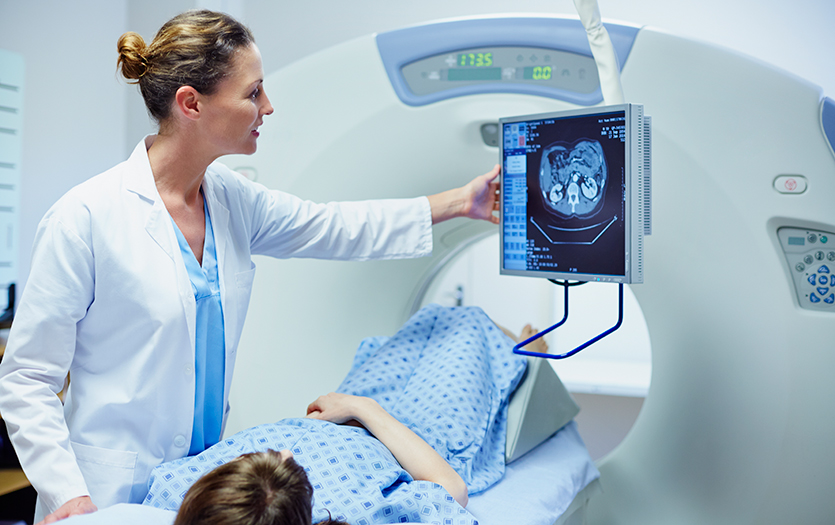
This post was written by Brooke Randol, MSN, RN, AGCNS-BC, CMSRN, CWS, Clinical Nurse Specialist-Wound Care.
A clinical nurse specialist (CNS) is one of four advanced practice registered nurses (APRN). This list also includes nurse practitioners, nurse midwives and nurse anesthetist. The unique CNS role is focused on a specialty population to improve outcomes in patient care, support the work of the nurse and lead practice changes across healthcare systems.
What does the role of a CNS entail?
No two days are alike, but the CNS could be responsible for any of the following tasks:
- Providing direct patient care
- Teaching classes
- Informing policies
- Reading literature
- Implementing guidelines
- Counseling nurses
- Weighing in on legislative and regulatory concerns
Our team comes to work each day with a burning passion to improve the continuum of healthcare.
How does being a CNS benefit our patients?
CNSs identify gaps in care and look to the literature and research to implement processes to close those gaps. If there is a lack of evidence, a CNS might lead a nursing research project to inform care. CNSs are often involved in bringing new products and technologies to the organization.
Additionally, nurses can consult a CNS to see patients for a variety of reasons. To perform special procedures such as feeding tube placement, catheter placement, wound care and provide detailed education for patients related to cardiovascular disease, respiratory disease, chronic wounds, cancer-related complications, neurological deficits, trauma and more.
How does a CNS influence the delivery of care and safety standards?
CNSs collaborate with physicians and other interdisciplinary teams to ensure quality care and the success of initiatives across the health system. They ensure that nursing practices align with the most up to date evidence available and apply critical thinking to how to adapt care delivery to improve the healthcare environment for both patients and staff. CNSs are involved in patient safety committees focused on preventing falls, infections, pressure injuries and improving quality of life during a hospital stay.
How can a nurse earn the CNS credential?
According to the National Association of Clinical Nurse Specialists (NACNS) position statement, clinical nurse specialists (CNS) are advanced practice registered nurses (APRNs) with graduate-level preparation at the master’s, post-graduate certificate or doctorate in nursing practice (DNP) levels. Education must be consistent with APRN Consensus Model recommendations, which includes separate courses in advanced pathophysiology, advanced physical assessment and advanced pharmacology and a minimum of 500 clinical hours of supervised clinical practicum.
Indiana has three accredited programs at IU, Purdue and University of Southern Indiana. After graduation from an accredited program, certification by examination is required prior to using the title of Clinical Nurse Specialist.
You can learn more about Parkview’s commitment to nursing excellence here.



